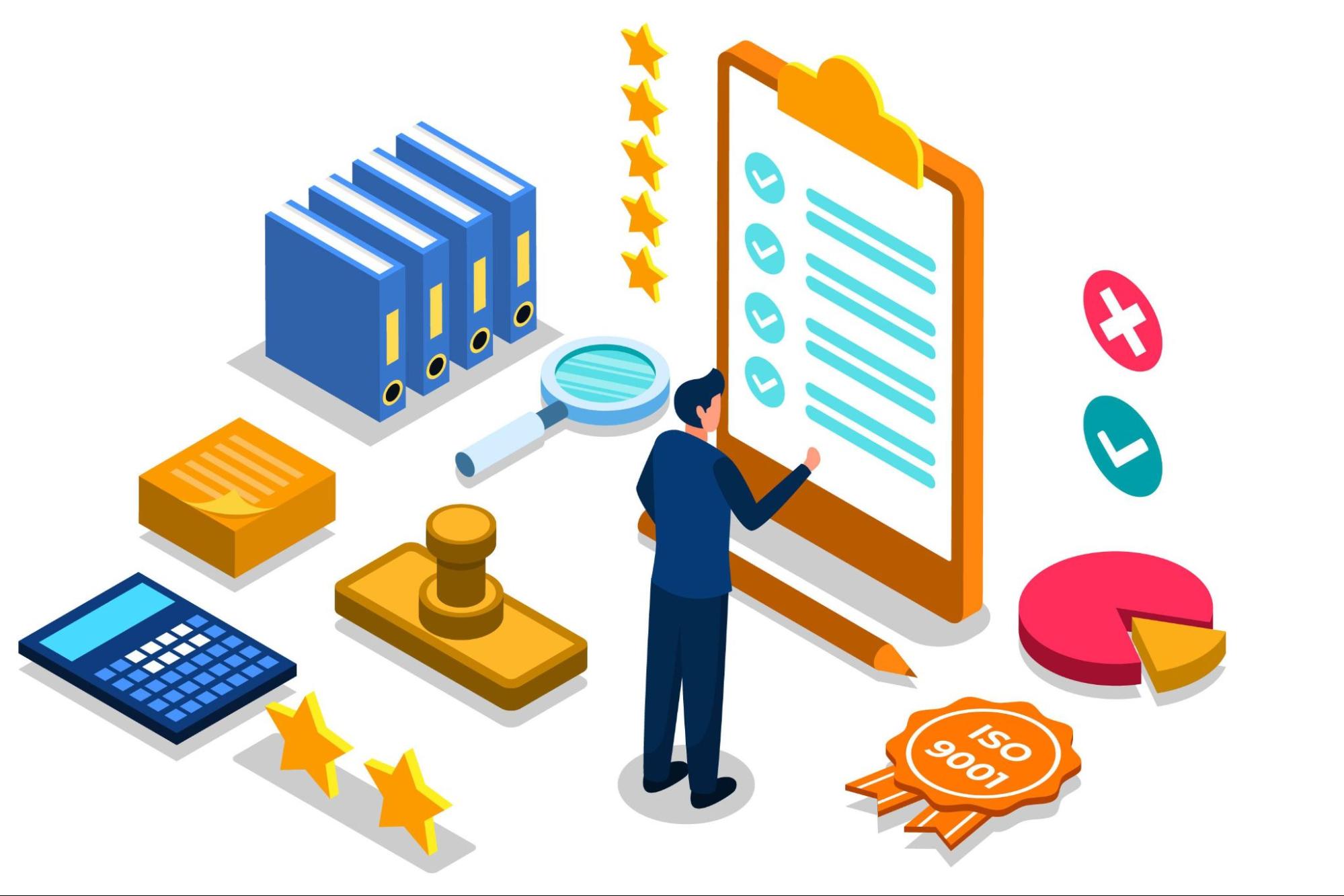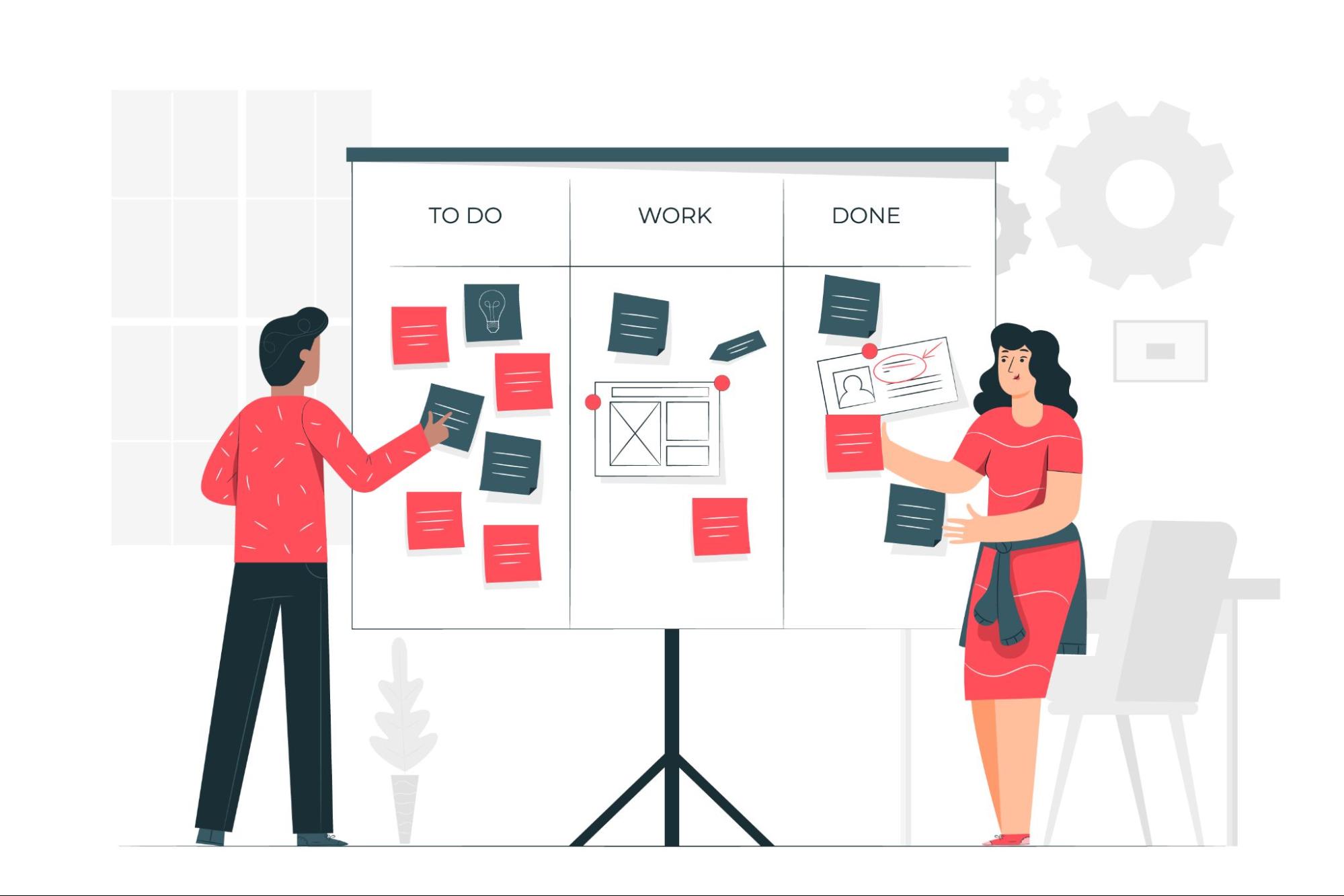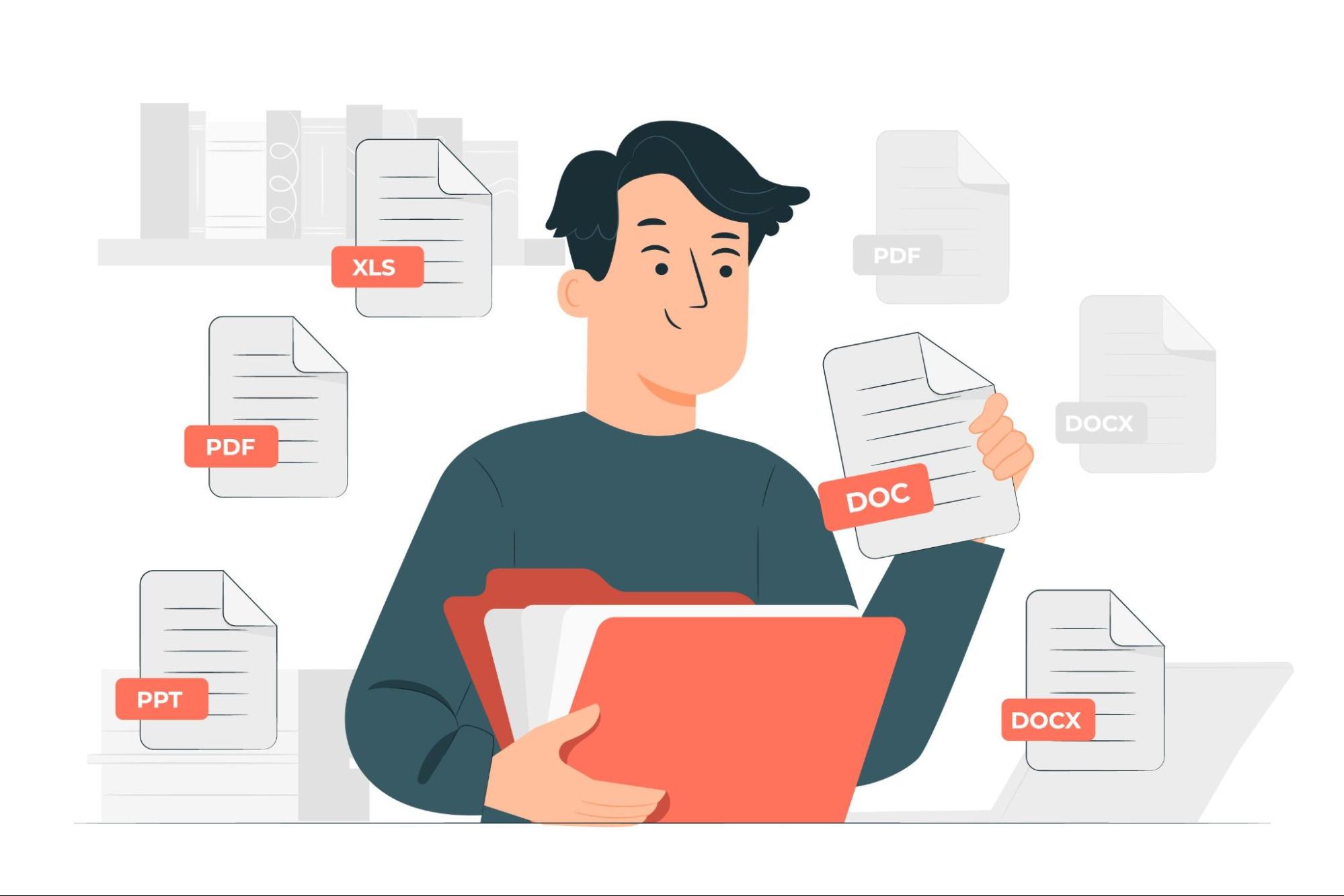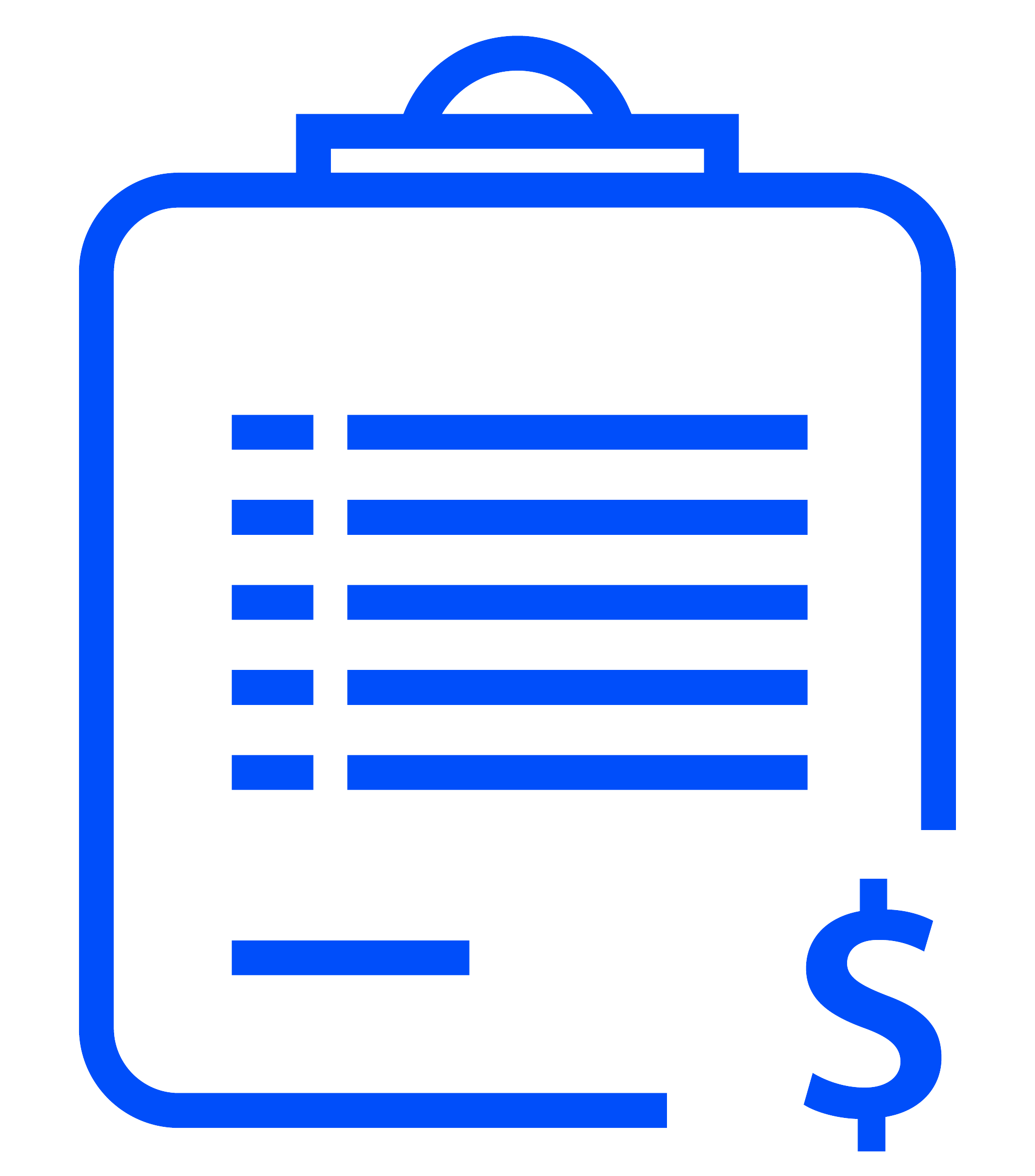App documentation is a crucial part of the ever-changing world of software development, significantly impacting both the success and usability of applications. In this blog, you will learn about the role of documentation after you get an app for your business. We will see how crucial it is as a navigational aid for both users and developers.
The Significance of Documentation in APP Development
Here are some reasons why app documentation is essential in development -
-
Foundation for Understanding:
Documentation serves as the fundamental guide for understanding the intricacies of software development. Developers, testers, and end-users need it to understand the software's architecture, functions, and use. This foundational knowledge is essential for app development and use.
-
Facilitates Consistent Development:
App development requires consistency to maintain quality and efficiency. Technical documentation keeps developers on the same page about coding standards, architectural decisions, and development processes. This uniformity is crucial for collaborative projects and code quality maintenance.
-
Improves Stakeholder Communication:
App development requires good communication, and documentation helps stakeholders communicate. It helps developers, testers, project managers, and clients understand the project's goals, progress, and challenges.
-
Improves Onboarding and Knowledge Transfer:
New project team members learn quickly from the documentation. The historical context and detailed understanding of the project are essential for efficient knowledge transfer and reducing the learning curve for new developers.
-
Critical for Maintenance and Updates:
The development lifecycle includes software maintenance and updates. Understanding the codebase with well-maintained documentation simplifies updating, adding features, and fixing bugs.
-
Aids in Problem Solving and Troubleshooting:
Documentation often includes troubleshooting guides, FAQs, and common problem-solving scenarios. This aspect mainly benefits end-users and support teams, providing quick solutions to common issues, enhancing user experience, and reducing support costs.
-
Ensures Compliance and Legal Safety:

In many industries, maintaining proper documentation is not just a best practice but a legal requirement. Documentation ensures compliance with industry standards and legal regulations, and it can be crucial during audits and legal reviews.
-
Facilitates Effective Testing and Quality Assurance:
Quality assurance and testing are integral to app development. Documentation provides testers with the necessary information to understand the software's intended functionality, which is essential for creating compelling test cases and ensuring that the app meets its requirements.
-
Serves as a Reference for Future Projects:
Documentation can be a valuable reference for future projects, especially in organizations that work on similar types of software. It can provide insights into what worked well and what didn’t, serving as a learning tool for continuous improvement.
-
Enhances User Satisfaction and Engagement:
For end-users, clear and comprehensive user documentation enhances the overall experience with the software. It empowers users to utilize the app entirely, increasing satisfaction and engagement.
It must be clear why you need to get apps for your business to grow in the online space. Once an app is created, you will have the app link from where you can download the app.
Best Practices for Effective App Documentation
Adequate app documentation is a critical component in the success of any software application. It not only aids developers and users but also ensures the longevity and adaptability of the app.
Here are some best practices for creating marketplace app documentation:
Clarity and Accessibility:

Creating Clear and Concise Documentation: The primary goal of documentation should be to convey information straightforwardly and understandably. Avoid technical jargon and define it when necessary. Use simple language to make content accessible to all skill levels.
Organizing for Easy Navigation: Structure the documentation logically. Break down the content into sections and subsections with descriptive headings. Use a table of contents and index to help users find information quickly.
Visual Aids: Incorporate diagrams, screenshots, and videos where appropriate. Visual aids can often convey complex information more effectively than text alone.
Responsive Design: Ensure the documentation is easily readable on various devices, including smartphones and tablets.
Maintaining Up-to-Date Documentation:
Regular Reviews and Updates: Software evolves, and so should its documentation. Schedule regular reviews and updates to ensure the documentation matches the latest app version.

Tracking Changes: Keep a changelog or a version history to document what changes have been made and when. This transparency helps users and developers understand app and documentation evolution.
Feedback Mechanism: Implement a way for users to provide feedback on the documentation. User feedback is invaluable for identifying areas that are unclear or need more detail.
Collaborative Editing: Consider using tools that allow for collaborative documentation editing. This approach can help keep the documentation comprehensive and up-to-date as different team members contribute their expertise.
Leveraging Modern Tools:
Documentation Platforms: Utilize modern documentation platforms like Confluence, ReadTheDocs, or GitBook. These tools offer features like version control, collaborative editing, and accessible publishing.
Automated Documentation Tools: For technical documentation, consider tools that can automatically generate documentation from source code, such as Doxygen or Javadoc. These tools save time and ensure codebase-compliant technical documentation.
Interactive Documentation: Explore interactive documentation tools, especially for API documentation. Interactive interfaces like Swagger and Postman let users test API calls in the documentation.
Accessibility Tools: Ensure the documentation is accessible to all users, including those with disabilities. Tools like screen readers and text-to-speech converters can make your documentation more inclusive.
Conclusion
Software development requires thorough documentation. It is the cornerstone upon which all other software-related endeavors are built. Good documentation improves developer collaboration and user satisfaction throughout the software development lifecycle.
Teams and organizations seeking software development process improvement must practice good documentation. In these situations, Optimizory provides products that improve the efficiency of software development projects' documentation processes' creation, management, and use. If you use one of their products, you can rest assured that your documentation will be as dynamic and efficient as the software it describes. Optimizory's tools can help you streamline and simplify even the most complex project management, software development, or quality assurance tasks.




